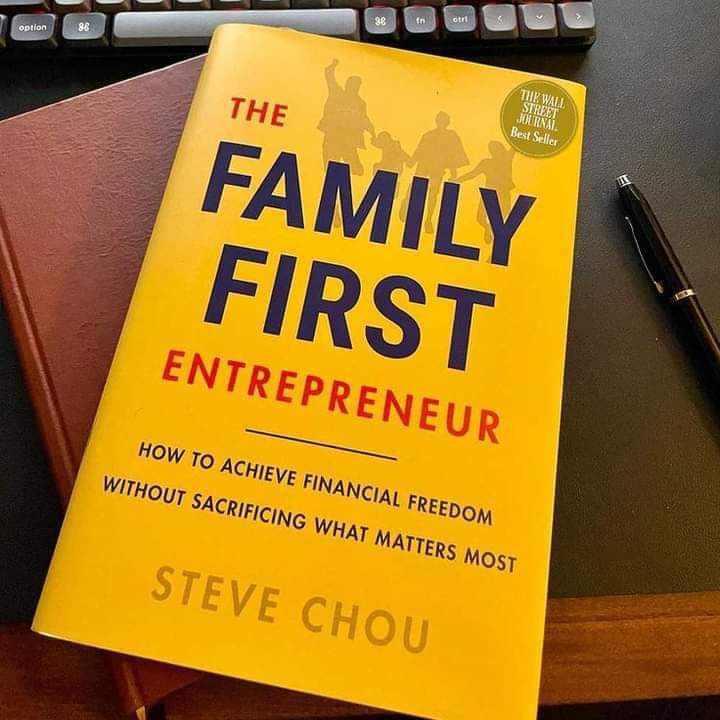The Family-First Entrepreneur: Balancing Business and Family Life
In today’s fast-paced world, the notion of a “family-first entrepreneur” emphasizes the importance of prioritizing family while pursuing entrepreneurial ambitions. This approach highlights the value of integrating personal values and family commitments into the business landscape. Here’s an exploration of what it means to be a family-first entrepreneur and strategies for achieving this balance.
1. Defining Family-First Entrepreneurship
Family-first entrepreneurship is characterized by an entrepreneurial mindset that prioritizes family well-being alongside business goals. This perspective involves:
- Work-Life Integration: Striving for harmony between personal and professional life, rather than viewing them as separate entities.
- Values-Driven Decisions: Making business choices that reflect family values and contribute to a supportive home environment.
- Long-Term Vision: Focusing on sustainable growth that benefits both the business and the family in the long run.
2. The Benefits of a Family-First Approach
Embracing a family-first philosophy can yield numerous advantages:
- Enhanced Motivation: Family can be a powerful motivator, driving entrepreneurs to work harder and make more thoughtful decisions.
- Improved Well-Being: Prioritizing family relationships can lead to greater emotional fulfillment and reduced stress, ultimately benefiting business performance.
- Stronger Support Systems: A family-first approach fosters a network of support, providing encouragement and guidance in both personal and professional endeavors.
3. Strategies for Family-First Entrepreneurs
Here are some practical strategies to help entrepreneurs maintain a family-first focus:
- Set Boundaries: Clearly define work hours and family time. Establishing boundaries helps prevent work from encroaching on personal life.
- Involve Family in Business: Where appropriate, involve family members in the business. This can create shared experiences and strengthen family bonds.
- Prioritize Family Activities: Schedule regular family activities and make them non-negotiable. This ensures quality time together amidst busy schedules.
- Communicate Openly: Maintain open lines of communication with family members about work commitments and challenges. Transparency fosters understanding and support.
- Leverage Technology Wisely: Use technology to streamline tasks but be mindful of its impact on family interactions. Set designated tech-free times to engage with family.
4. Navigating Challenges
Family-first entrepreneurs may face unique challenges, such as:
- Guilt and Pressure: Balancing business demands with family needs can create feelings of guilt. Acknowledge these feelings and remind yourself of your priorities.
- Time Management: Juggling multiple responsibilities requires effective time management. Use tools and techniques that promote productivity while allowing time for family.
- External Expectations: Societal pressures often emphasize work over family. Stay true to your values and redefine success on your own terms.
5. Building a Legacy
Ultimately, a family-first entrepreneur seeks to create a lasting legacy that extends beyond business success. This includes:
- Teaching Values: Instilling core values in children and family members through actions and decisions made in business.
- Creating Opportunities: Developing a business model that allows for family involvement and future opportunities for the next generation.
- Fostering Community: Engaging with the community in ways that reflect family values and contribute to social good, enhancing both personal and business reputation.
Conclusion
The family-first entrepreneur exemplifies a balanced approach to business that honors personal commitments while pursuing professional goals. By integrating family values into entrepreneurial practices, individuals can create a fulfilling life that nurtures both their families and their businesses. Embracing this philosophy not only leads to personal satisfaction but also contributes to a healthier work environment and a more resilient family unit.
